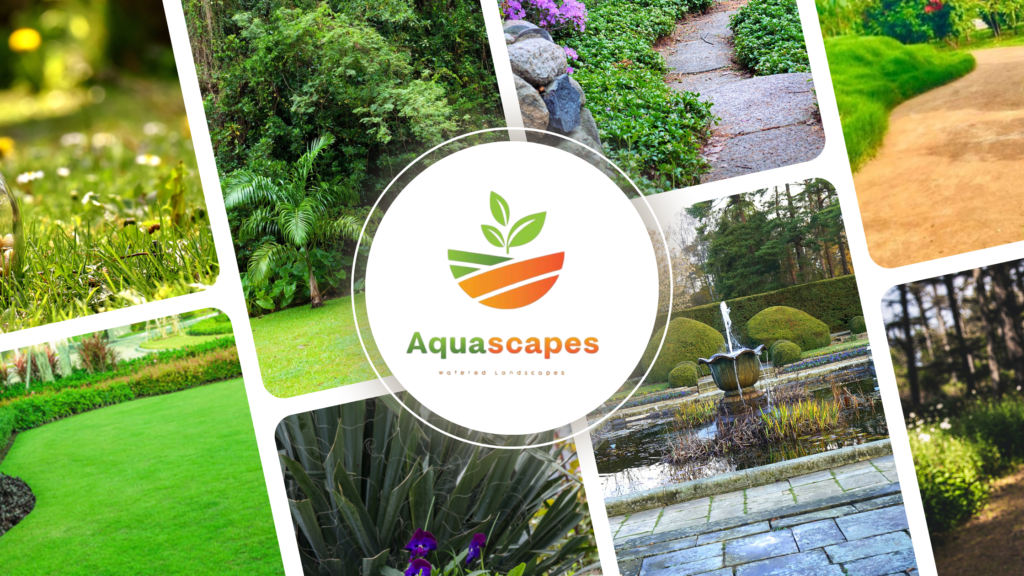Environmental Benefits of Using Professional Landscaping Services In Kenya

Landscaping is more than just beautifying outdoor spaces; it plays a significant role in environmental conservation. In Kenya, professional landscaping services offer a range of eco-friendly benefits that go beyond aesthetics. By creating sustainable landscapes, these services contribute to soil preservation, water conservation, and the reduction of carbon footprints. Here’s how professional landscaping services in Kenya are helping to protect and enhance the environment.
1. Promoting Water Conservation
Water is a precious resource, especially in regions like Kenya that experience periodic droughts. Professional landscapers in Kenya design gardens and outdoor spaces with water conservation in mind. They select drought-tolerant plants and incorporate techniques like drip irrigation, which delivers water directly to the roots of plants, reducing water wastage.
Additionally, landscaping professionals use mulch and ground cover plants to retain soil moisture, minimizing the need for frequent watering. These practices not only conserve water but also help clients save on water bills, making them a win-win for both the environment and homeowners.
2. Preventing Soil Erosion and Degradation
Soil erosion is a significant environmental issue in Kenya, particularly in areas prone to heavy rainfall and deforestation. Professional landscaping services help mitigate this problem by strategically planting trees, shrubs, and ground covers that stabilize the soil. The deep root systems of these plants bind the soil, reducing the likelihood of erosion.
Furthermore, landscapers often use techniques like terracing and creating retaining walls on sloped land, which helps slow down water runoff and preserves soil structure. By preventing soil degradation, these services contribute to the long-term health of the ecosystem.
3. Enhancing Biodiversity
Kenya is home to a diverse range of flora and fauna, and professional landscapers play a crucial role in maintaining and enhancing biodiversity. By incorporating native plants into garden designs, landscapers create habitats for local wildlife, such as birds, insects, and small animals. Native plants are well-adapted to the local climate, requiring less maintenance and contributing to a healthier environment.
Landscapers also design green spaces that support pollinators like bees and butterflies, which are essential for food production and maintaining ecological balance. By promoting biodiversity, professional landscaping services help protect Kenya’s unique ecosystems.
4. Reducing Carbon Footprint
Trees and plants absorb carbon dioxide from the atmosphere and release oxygen, making them natural air purifiers. Professional landscapers strategically plant trees and shrubs to maximize their carbon-sequestering potential. In urban areas, where pollution levels can be high, these green spaces significantly reduce carbon emissions and improve air quality.
Landscaping services also reduce the need for artificial cooling systems by creating shaded areas around buildings, thereby lowering energy consumption. This not only reduces a property’s carbon footprint but also contributes to a cooler and more comfortable living environment.
5. Sustainable Waste Management
Professional landscaping companies in Kenya prioritize sustainable practices in waste management. They often recycle organic waste, such as grass clippings, leaves, and branches, by converting it into compost. This compost is then used to enrich the soil, reducing the need for chemical fertilizers.
Additionally, many landscapers avoid the use of harmful pesticides and herbicides, opting for organic alternatives that are safer for the environment. These eco-friendly practices help maintain soil fertility, protect wildlife, and prevent water contamination from chemical runoff.
6. Promoting Urban Green Spaces
As Kenya’s cities continue to grow, the need for urban green spaces has never been more critical. Professional landscaping services contribute to the creation of parks, gardens, and other green areas in urban environments. These spaces not only provide aesthetic value but also serve as natural air filters, reducing air pollution in crowded cities.
Urban green spaces also promote mental and physical well-being by offering areas for recreation, relaxation, and social interaction. They help regulate urban temperatures and reduce the heat island effect commonly experienced in densely populated areas.
Conclusion
Professional landscaping services in Kenya offer numerous environmental benefits, from water conservation and soil preservation to promoting biodiversity and reducing carbon emissions. By using sustainable landscaping techniques, these services help protect the environment while enhancing the beauty and functionality of outdoor spaces. Investing in professional landscaping is not only beneficial for property owners but also for the broader ecological health of Kenya. Contact us or mail us for required services.